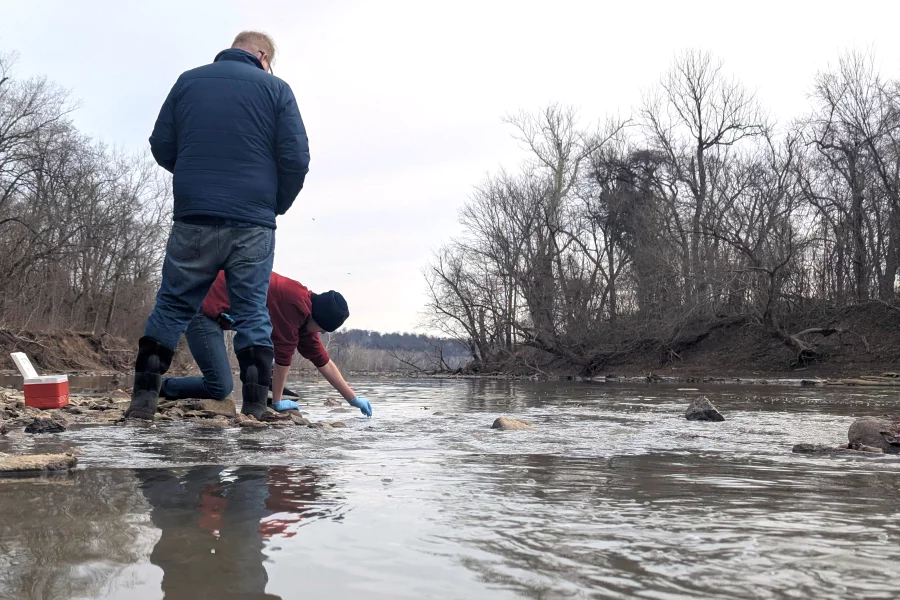 With everything Big Oil and the government have learned in the year since the Gulf of Mexico disaster, could it happen again? Absolutely, according to an Associated Press examination of the industry and interviews with experts on the perils of deep-sea drilling.
With everything Big Oil and the government have learned in the year since the Gulf of Mexico disaster, could it happen again? Absolutely, according to an Associated Press examination of the industry and interviews with experts on the perils of deep-sea drilling.
The government has given the OK for oil exploration in treacherously deep waters to resume, saying it is confident such drilling can be done safely. The industry has given similar assurances. But there are still serious questions in some quarters about whether the lessons of the BP oil spill have been applied.
The industry "is ill-prepared at the least," said Charles Perrow, a Yale University professor specializing in accidents involving high-risk technologies. "I have seen no evidence that they have marshaled containment efforts that are sufficient to deal with another major spill. I don't think they have found ways to change the corporate culture sufficiently to prevent future accidents."
He added: "There are so many opportunities for things to go wrong that major spills are unavoidable."
The worst offshore oil spill in U.S. history began with an explosion April 20, 2010, that killed 11 workers aboard the Deepwater Horizon rig. More than 200 million gallons of crude spewed from the well a mile beneath the sea.
Since then, new drilling rules have been imposed, a high-tech system for capping a blown-out well and containing the oil has been built, and regulators have taken steps to ramp up oversight of the industry.





 In January, part of a decades-old sewer line in Maryland collapsed by the Potomac River. Over...
In January, part of a decades-old sewer line in Maryland collapsed by the Potomac River. Over...






























